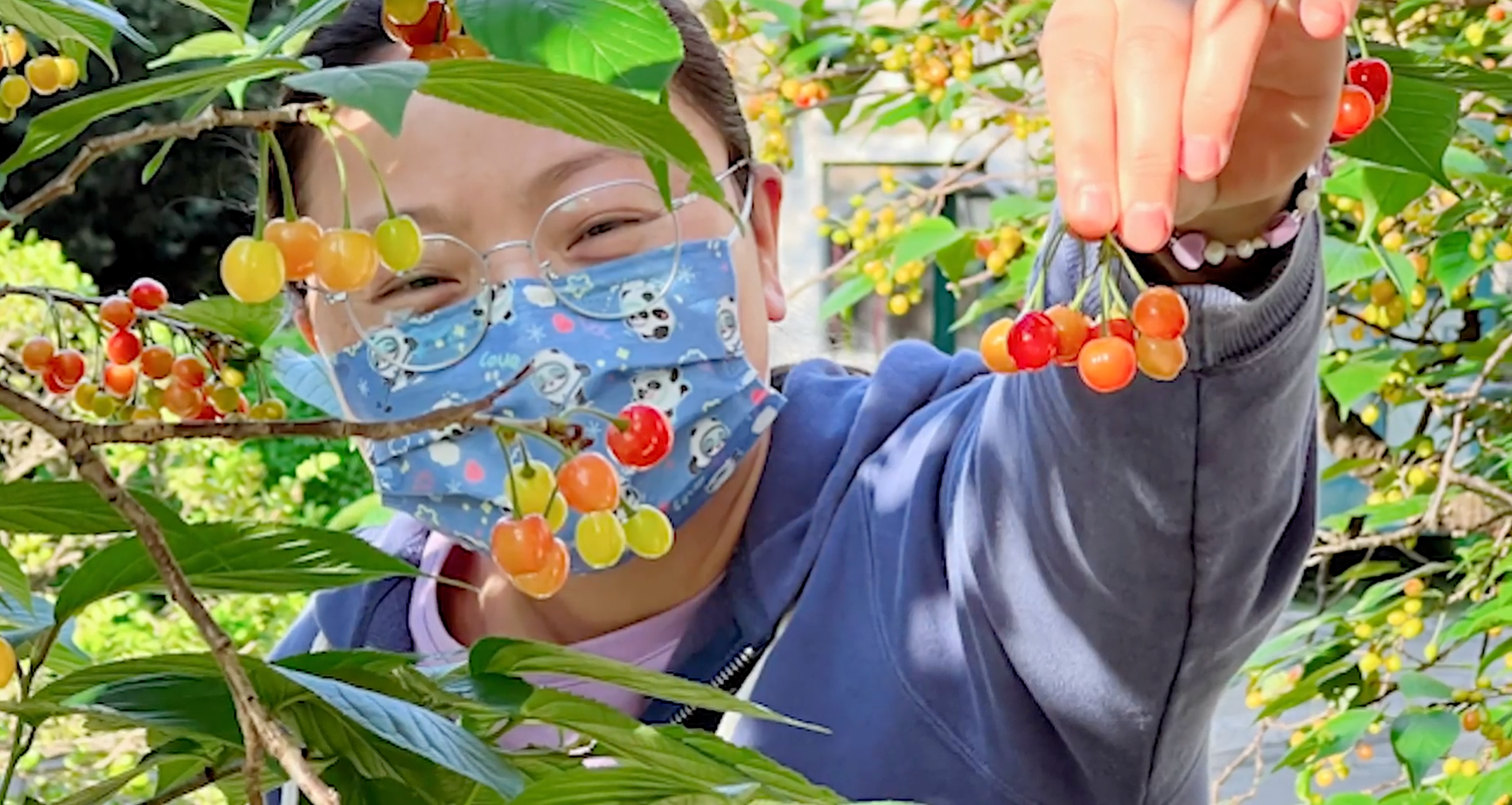Yang Shen has lived in Shanghai for more than 10 years, but it wasn’t until recently that the 36-year-old writer noticed something very particular about the city: the birds.
While they sing freely outside Shen’s window, Shanghai’s 26 million human residents are still cooped up in their homes, part of the world’s largest COVID lockdown.
Most governments around the world have already relaxed their pandemic restrictions, but China has doubled down on its zero-COVID policy, using harsh lockdowns and quarantines to stifle even the smallest outbreaks. Dozens of Chinese cities are now under lockdown as omicron variants circulate. By some estimates, nearly half of China’s GDP is currently affected by some form of restriction.
That has sent shockwaves through the global economy, further tangling snarled global supply chains. But the effects are felt most keenly in China itself.
In Shanghai, the recent lockdown began in early April. At first Shen was optimistic.
“As a writer you have to stay at home and focus,” she says, “you need isolation. But it turns out there's a big difference between ‘I don't wanna go out’ and ‘I can't go out’.”
Most Shanghainese are permitted to leave their homes these days only for mandatory COVID tests, and those who test positive are whisked off to quarantine centers. Throughout China’s most populous city, residents compete for deliveries of food and other staples via wholesaler apps that only serve groups of 50 households or more.
The local economy, meanwhile, has been crushed. By one measure in April, a grand total of zero cars were sold — more than 26,000 fewer than in the same month last year. Across China, retail sales have plummeted, and factories have ground to a halt.
After more than six weeks of this, Shen says she and her husband’s biggest fear is something worse than getting sick.
“We're not scared of COVID, we're scared of starvation.”
That concern is shared by millions across the city, particularly in poorer neighborhoods that can’t compete with large residential compounds like Shen’s to buy food in bulk.
Even Shen and her husband have had to cut back on daily meals, and they’ve gone to daring lengths just to find little variety in what they eat. Every few days, Shen says, they steal down to the courtyard of their residential complex at dawn to swipe cherries from the trees in the garden. They use them to make bread and jams.
But flouting lockdown rules can cause trouble with nosy neighbors and the local Communist Party committees.
Camilo Cadena, 33, a Colombian-American artist who has lived in Shanghai with his partner for the past five years, recently took a stroll in his compound’s courtyard during a brief period of looser restrictions. Within minutes, a neighbor had sent his partner a grainy photograph of him from a high-rise balcony, with a message: “Isn’t this your fiancé?”
Cadena, who works as a consultant for public art projects in Shanghai, has decided to leave the city. Doing so requires signing a pledge that he will not return to the compound where he lives. It also means saying goodbye to close friends remotely.
“There is a bit of survivor’s guilt,” he says, “knowing that leaving is not an option for many people.”
That’s because the government has recently banned foreign travel for most Chinese nationals in a bid to control the spread of the virus.
Public health experts question whether zero-COVID can even work. World Health Organization chief Tedros Ghebreyesus recently said the policy simply isn’t sustainable given how contagious omicron is.
So why is the Chinese government sticking to it, despite such immense social and economic costs?
Public health is one part of the story. Vaccination rates among the elderly — the most vulnerable to the disease — are low. Fewer than half of Chinese over the age of 70 have been fully vaccinated and boosted. And even for those who have, there are doubts about the effectiveness of China’s homegrown vaccines, which are the only option for most people.
A recent study in the journal Naturewarned that without any restrictions in place, China could run the risk of more than 1.5 million COVID deaths in the coming months.
So far, the government reports a grand total of fewer than 15,000 for the entire pandemic. That’s certainly an undercount, but it’s still far below the death rates in most Western countries.
But politics are also at play, according to Yanzhong Huang, a global health expert at the Council on Foreign Relations.
He says that President Xi Jinping has a personal stake in ensuring the success of zero-COVID, especially as he prepares to be elected to an unprecedented third term as Communist Party boss this fall. That means local and regional officials all the way down the chain of command have an incentive to follow suit as well.
To back away from zero-COVID now, says Huang, “would be admitting policy failure” not only at home but globally. Beijing’s authoritarian approach is meant to compare favorably with the more disjointed strategies of Western democracies.
In recent days, Shanghai officials have said they aim to end the lockdown by June, now that the official case count has fallen to zero outside of the official quarantine centers.
It’s anyone’s guess whether the city will be able to hit that target, as even a brief resurgence of cases could lead to fresh lockdowns.
But for Shen Yang and her fellow Shanghainese, June can’t come soon enough.
“Every time I post anything on my social media, I say something like, ‘Okay, summer is coming. When can I get out of this prison?’"
Additional reporting by Sarah Kneezle.
